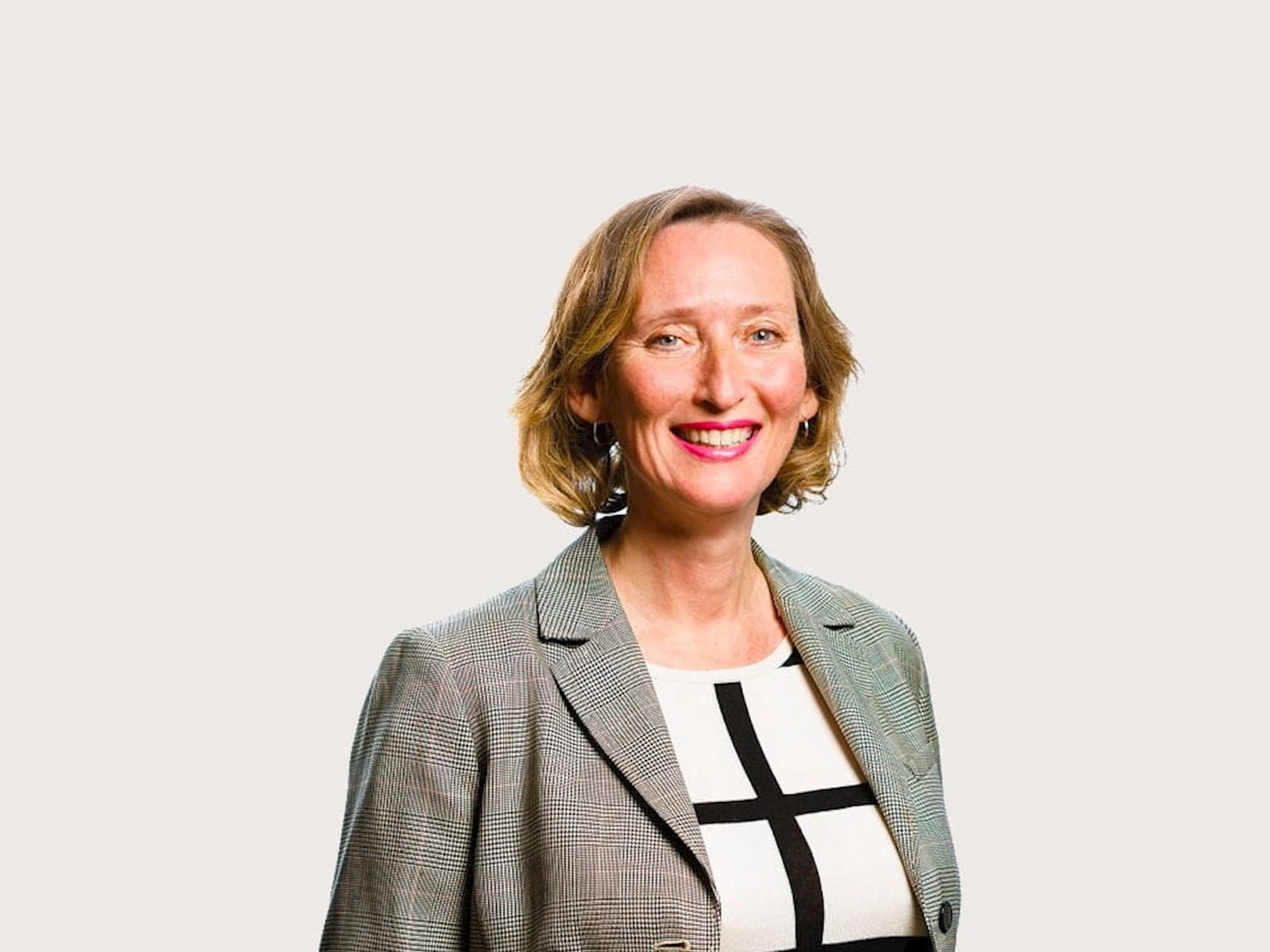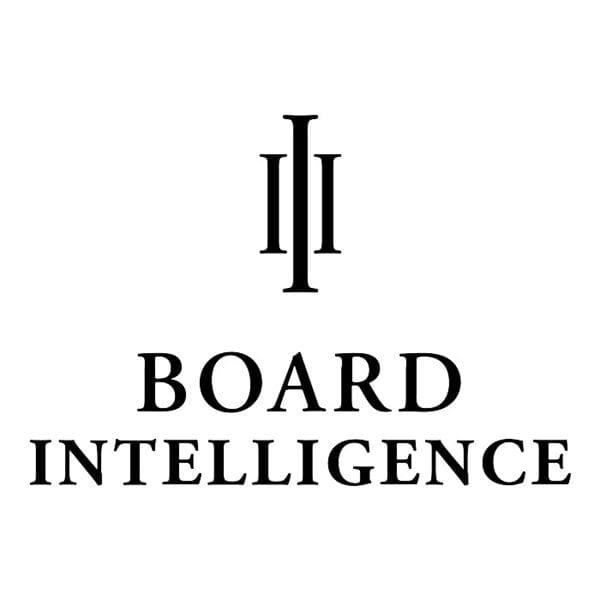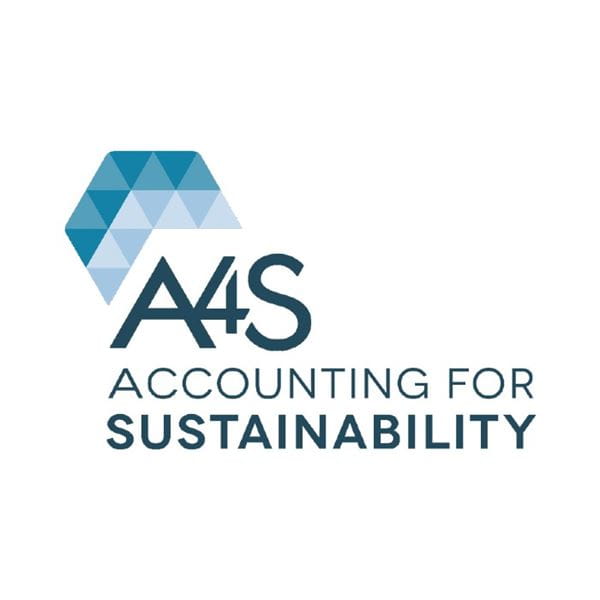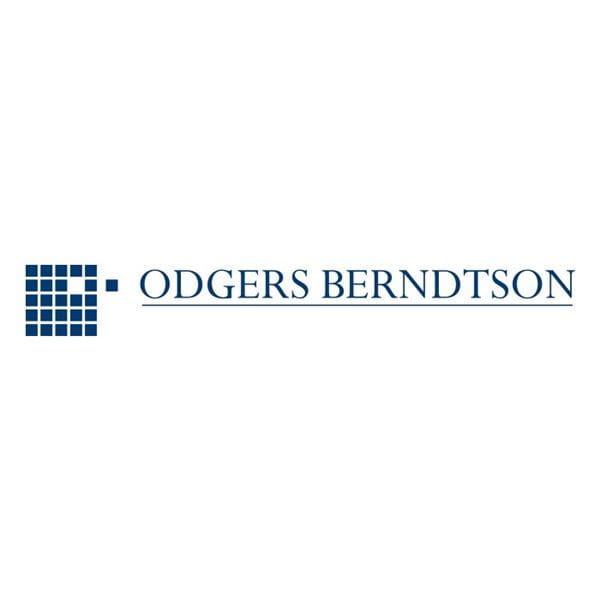
Kelly Smith, CFO at Kantar
How would you describe the role of the CFO? Do you think it’s changing?
Being a CFO is very much a two-headed beast. One is the commercial side - which is all about asking how you best support the business to drive growth and profitability. The other side is your role as a ‘policeman’; you’re custodian of the company’s assets. I think the speed of transformation has markedly accelerated in recent years, driven by technological innovation. CFOs need to be able to effectively manage that change at both an organisational and a functional level.
I’m not sure that the role has fundamentally changed all that much, though, certainly on the part of the role that’s the custodian of the business’ assets. This isn’t to say that we stay static, but the fundamentals are the same. There’s just been a shift in how complex and difficult it is, for example carrying out the audit, which has been driven by greater external pressures, and increased automation and organisational complexity that make it more challenging.
Today, I think it’s much more difficult to be a successful CFO unless you are also a great communicator
As I see it the greatest change is that you need to be a better communicator as a CFO today than in the past. I think in the past a commanding grasp of the numbers made you a a successful finance director. Today, I think it’s much more difficult to be a successful CFO unless you are also a great communicator of those numbers. There is a greater expectation for you to communicate and explain the numbers in a compelling way both internally and externally.
What in society keeps you awake at night, and what do you think business can do to help?
Recently, it’s felt like it’s been such a series of concerning and disturbing events that have shaken the world. From the pandemic, to geopolitics, to the obvious impact of climate change, the past few years have brought up huge issues, and raised questions about how we can address them.
The main thing that keeps me awake at night is the uncertainty. The world feels like it has become a very volatile place, making it very difficult to plan for.
What can business do to help?In terms of ethical considerations, simple tactical things like encouraging reductions in travel can help and also generate some savings, but also having a longer-term view and making the right investments in say the property portfolio to ensure reduced carbon footprint. Reporting is also key, and I think where finance can really help is developing robust reporting metric’s in this area. What does not get measured does not happen.
Finally, it’s important that in our role we behave ethically, its really important that the numbers are trusted, and the long-term health of a business is based on behaving as a responsible corporate citizen. The finance professional can be a torch holder for this in an organisation.
And what are the biggest challenges facing leaders today?
From a business perspective I worry about how we continue develop the level and quality of skills within the workforce. From a functional perspective looking at finance say, everything is becoming more siloed, and I worry about how you can develop great people who will eventually become the finance directors of the future, and retain them within an organisation how do you develop the broad set of skills needed. It’s very difficult to find people who are all-rounded. This almost over-specialisation and siloing of talent seems to make many businesses increasingly reliant on technology and outsourcing. Technology can be a great help, but much of it still over promises and under-delivers, which exacerbates the skills shortage.
The other major issue is how to manage successfully the ever-increasing rate of change driven by external macro-economic, and geopolitical factors, plus the huge shifts in technology we are seeing. Trying to keep agile, a sharp eye on the external landscape and at the end focus on the bit that you can control. Finance has a huge role to play here.
I worry that silo-ing of talent and relying on outsourcing is exacerbating the skills shortage
Reflecting on your career so far, what are you most proud of?
It has to be helping to develop colleagues I’ve worked with over my career. It’s fantastic to see people that you mentored early in their careers go on to have brilliant success either elsewhere or internally. Of course, everyone’s got stories about getting a deal over the line or successfully raising the funding you need but the one that sticks out for me will always be watching people I’ve helped to develop go on to do amazing things.
If you could ask one question to all your fellow CFOs, what would it be? What’s the burning question on your mind?
I’d want to ask: how do you maintain a team engagement within the business when you’re working in the hybrid model? Working practices have changed considerably in recent years and it’s more common for teams to be spread out geographically in a way that wasn’t the case before. This means that a lot of the organic development that takes place in-person – the quick aside after a meeting or informal advice – feels much more formal and unnatural when you’ve got to open your laptop to do it. I worry that this will impact more junior employees who hugely benefit from that kind of development. Quite how you go about managing different generations of the workforce and developing young people in the current environment is one of the most difficult challenges facing business leaders today. It’s also one of the most important, as the future is almost entirely reliant on it being addressed.
How CFOs create a fairer future
Read more interviews on how the CFO role is changing and access our toolkit to support CFOs navigate the new demands they're facing.

Our partners
- Net zero is a chance to say yes
- The power to instigate change lies with corporates
- We’re trying to make sure that what we say aligns exactly with what we do
- The perennial challenge is taking data to information, to insight, to action
- One of the greatest challenges is making sense of that data so you can communicate it






